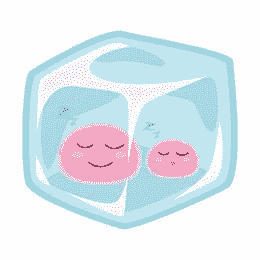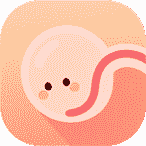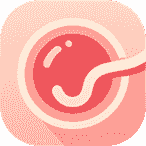
Central Asian Angel
- Customer Type
- …
- Customer Type
Central Asian Angel
- Customer Type
- …
- Customer Type
Fertility preservation
Your journey to parenthood starts here
Egg and sperm freezing

Egg freezing
- There are many reasons a woman may wish to postpone having children, including career goals, later marriage, or financial barriers. But biologically, as women become older their chances of getting pregnant begin to decrease. One key reason for this is that the quality and quantity of their eggs declines with age. This decline steepens after the mid-thirties and becomes even more pronounced over the age of 40.
- Therefore, freezing your eggs at a stage in your life when your ovaries are capable of producing high quality eggs – in order to use those eggs for a future pregnancy – is seen as a sensible insurance policy if you aren’t ready to start a family yet. Whatever your reason for delaying pregnancy – career, health or personal circumstances – this option gives you flexibility over when to start a family.
- In recent years we have seen a momentous advance in egg freezing technology, reflected in much better success rates.

Spern freezing
- Around 30% of fertility problems come from male factor infertility. And many people don’t realise this, but men are also subject to age-related fertility decline. While some men can and do father children late in life, advancing age is associated with negative impacts on testicular function and quality of sperm. In short, older men are more likely to experience fertility problems. Advanced paternal age has also been linked to greater risk of chromosomal abnormalities and genetic defects. With this in mind, some men are choosing to freeze their sperm preemptively.

IVF

ICSI

IUI

Egg donation

Egg freezing

Sperm freezing
How is it Done?
IVF is a series of procedures to assist in conception. Here, is an easy to understand breakdown of IVF steps:
1Ovarian Stimulation
The female partner starts hormone treatment. Medications like follicle stimulating hormone (FSH) and luteinizing hormone (LH) are administered to stimulate the ovaries to produce multiple eggs. Blood tests and ultrasounds are used to monitor the follicles.
2Egg Retrieval
Once follicles are of appropriate size, a trigger shot is administered to mature the eggs. Eggs are retrieved from ovaries through a minimally invasive procedure guided by ultrasound.
3Fertilisation
Eggs are combined with prepared sperm in a laboratory dish to allow fertilisation. Sometimes, ICSI is used to inject a single sperm directly into an egg.
4Embryo Development
Fertilised eggs develop into embryos under carefully controlled conditions in the lab over 3-5 days.
5Embryo Transfer
The best quality embryo(s) are selected for transfer into the uterus via a thin catheter, guided by ultrasound. Hormonal support is given to prepare the uterine lining for implantation.
6Pregnancy
Successful embryo implantation may lead to pregnancy. Pregnancy tests are performed approximately 10-14 days after embryo transfer to confirm implantation.
Book Your Consultation Today
Choose a convenient date and time for your appointment
AllSurrogacy Options ServicesIn Vitro Fertilization ServicesEgg Donation Services
Easy Online Booking
Our consultation booking system allows you to schedule appointments at your convenience. Simply fill out the form, and our team will reach out to confirm your appointment time and provide any necessary information.Select date and time
Event time zone:Asia/Shanghai GMT+08:00Book NowContact Us
We’re here to assist you on your journey to parenthood.

WhatsAPP

WeChatApp












